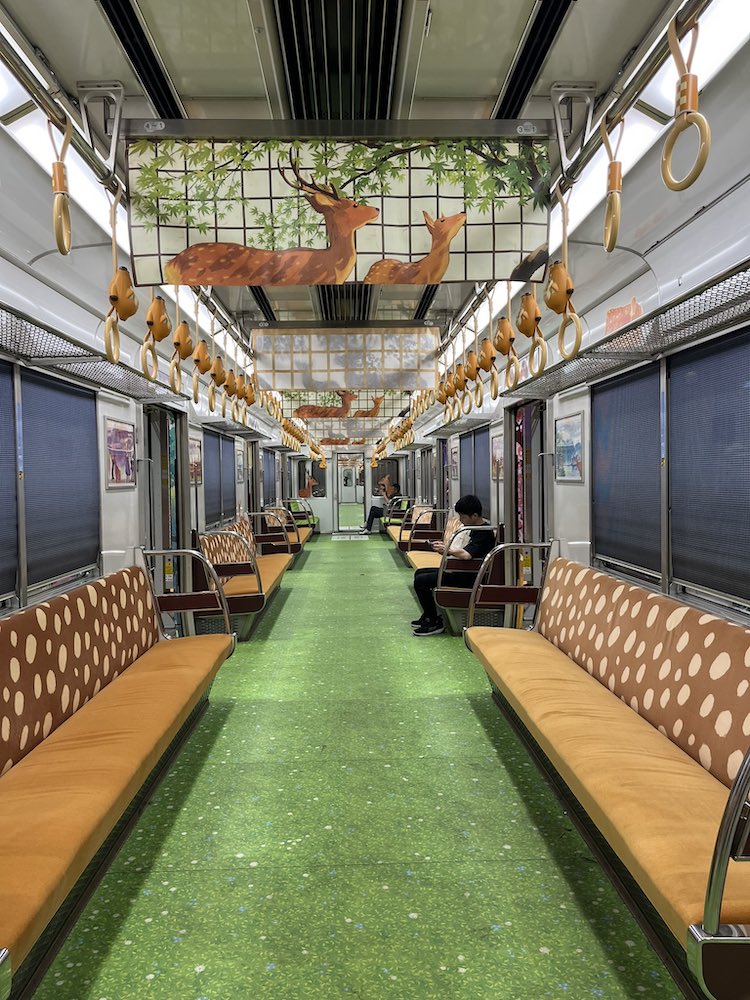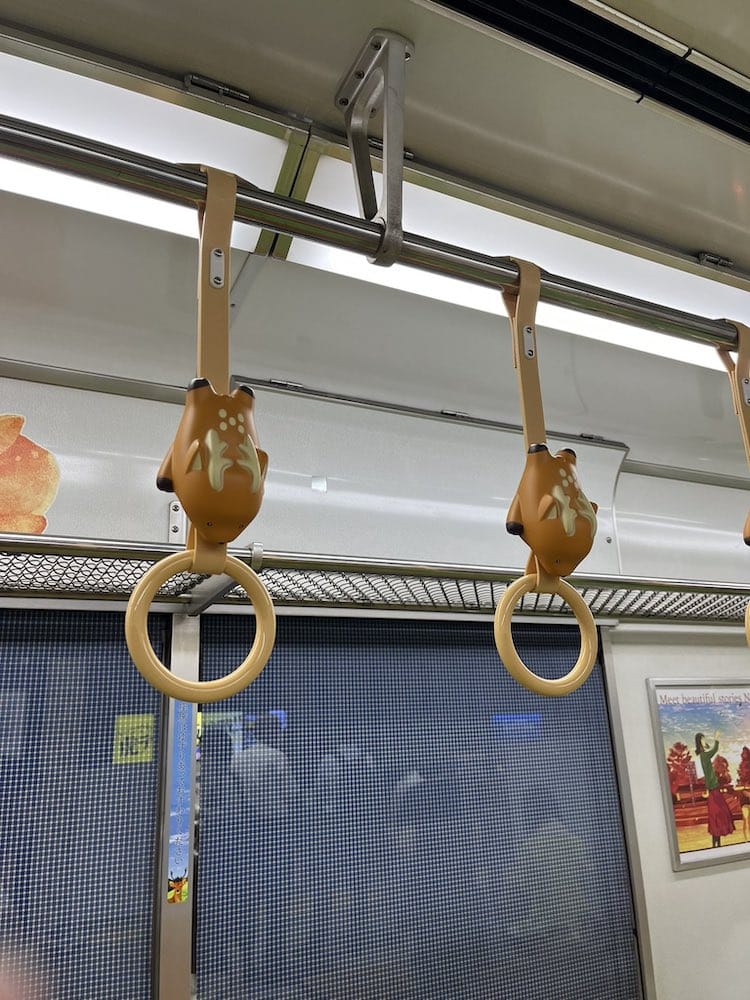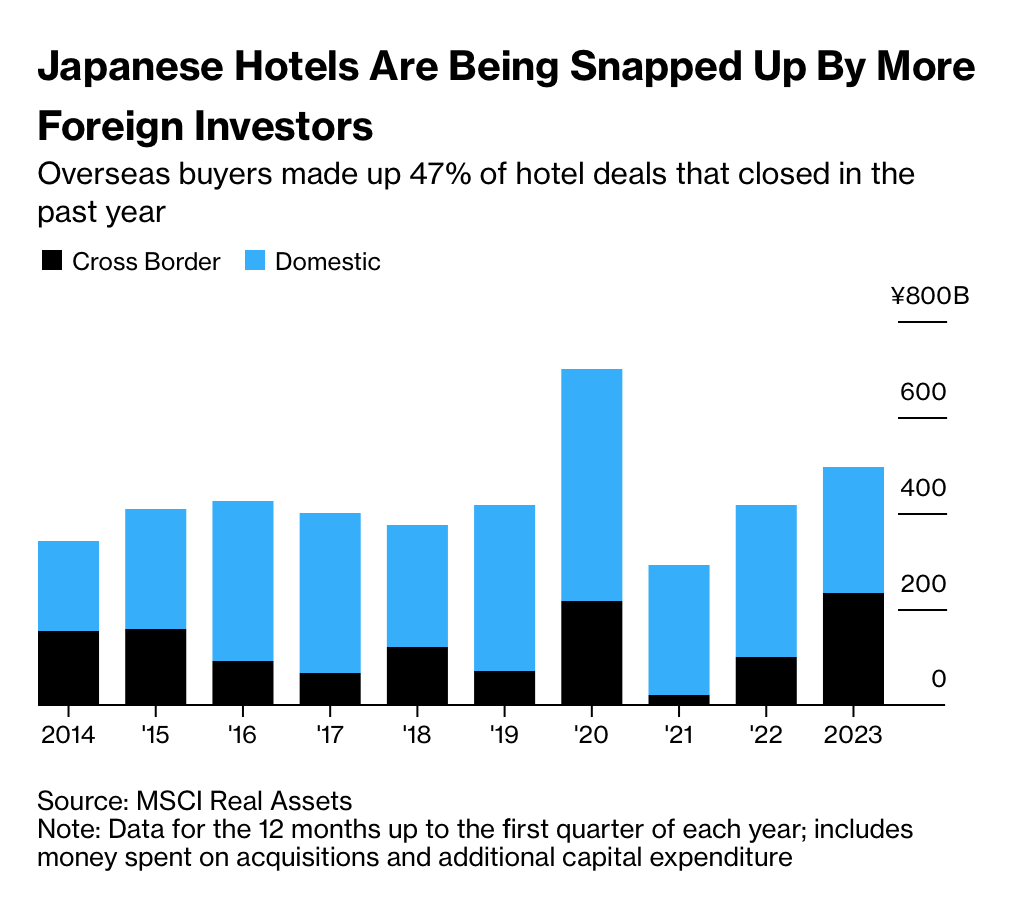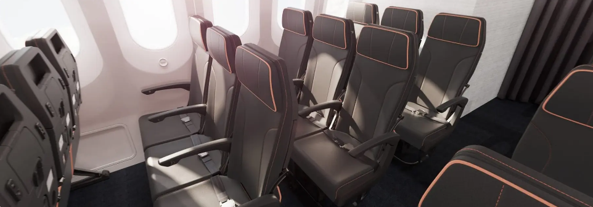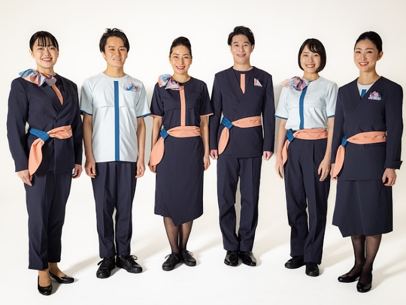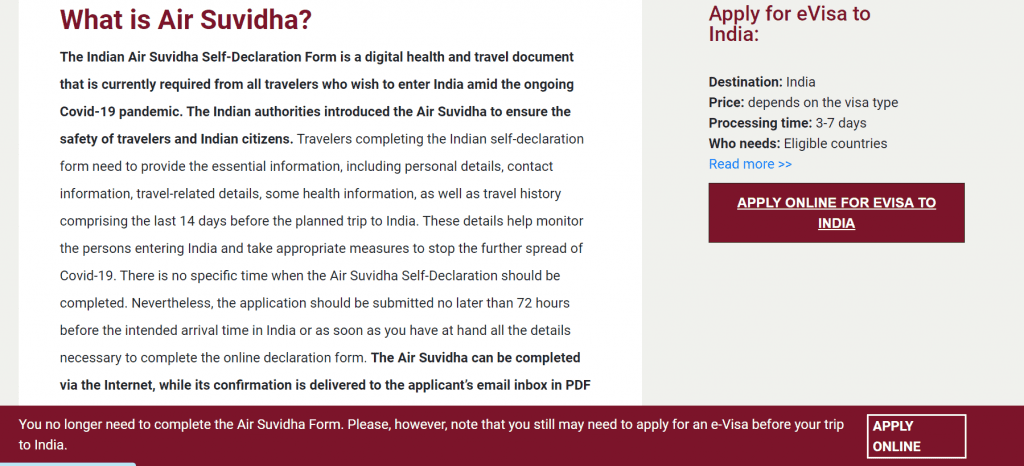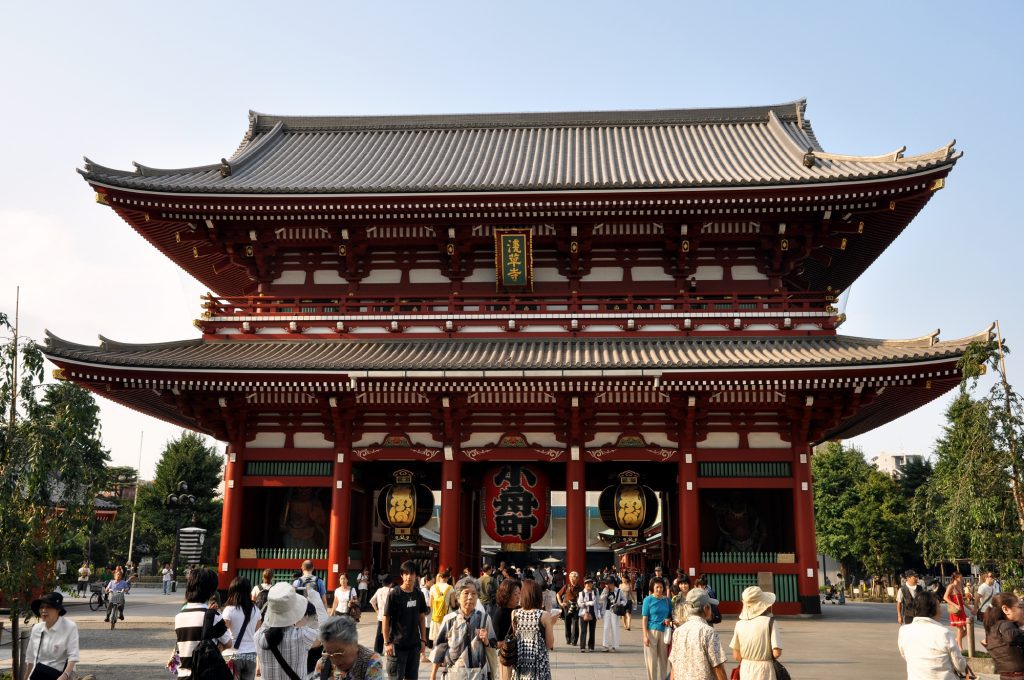Tripla, which provides a booking engine to hotels in Japan and Southeast Asia, has acquired a travel tech company in Indonesia.
Tripla said it has acquired a 53% stake in BookandLink, which provides software to help hotels track and manage sales through third-party distribution channels.
The other 47% of BookandLink was acquired by the Development Bank of Japan, Tripla said.
Tripla said the acquisition is part of a larger goal to create a more comprehensive booking and distribution platform for hoteliers.
Besides a booking engine, Tripla offers products around chatbots, payments, and customer data management. The company said its technology was live in more than 2,400 hotels in Japan as of July 2023, and business is continuing to expand in East Asia, including in South Korea and Taiwan.
And BookandLink was used by more than 2,600 hotels in Indonesia as of July 2023, with a growing presence in Southeast Asia, the company said.
“The majority of the 50,000 accommodations in Indonesia still use manual processes with pen and paper, motivating us to develop our market further,” said Philippe Raunet, CEO of BookandLink, in a statement.
Tripla said it plans to integrate the two companies and their technologies over the next three years. BookandLink’s founders and roughly 30 employees are joining Tripla.
Tripla started trading on the Tokyo Stock Exchange last November with an initial public offering of $5.6 million (¥823.2 million). The company’s stock is down over 13% year to date.
